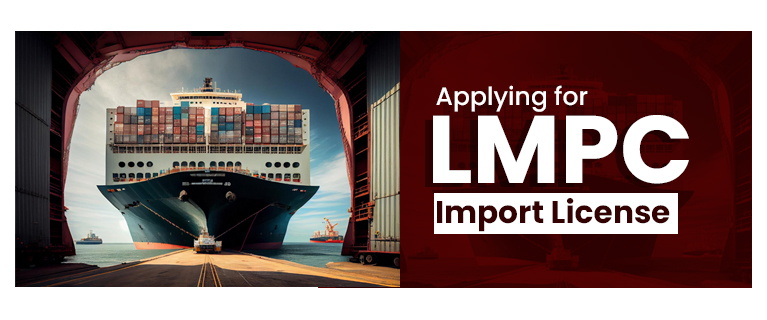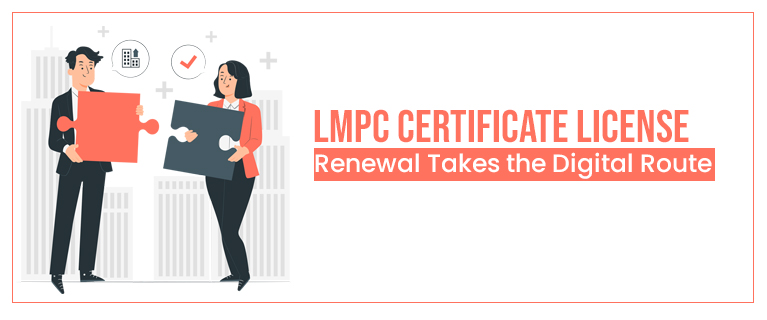Applying for LMPC Import License
In today's globalized world, the importation of packaged commodities plays a crucial role in meeting consumer demands. However, ensuring compliance with legal metrology standards is essential to maintain transparency and protect consumer rights. To facilitate this process, obtaining an LMPC (Legal Metrology and Packaged Commodities) import license is imperative. In this guide, we will delve into the intricacies of applying for an LMPC import license, providing a step-by-step approach to streamline the process.
Understanding LMPC:
Before diving into the application process, it's essential to grasp the significance of LMPC. Legal Metrology ensures accuracy and reliability in measurements and regulates the packaging and labelling of various commodities to safeguard consumer interests. LMPC regulations encompass aspects such as net quantity, dimensions, labelling requirements, and more, ensuring that consumers receive fair and accurate information about the products they purchase.
Read also this -: A Comprehensive Guide on LMPC Registration RequirementsPreparing for LMPC Application:
1. Research and Familiarization: Begin by thoroughly researching the legal requirements and regulations pertaining to LMPC in your country or region. Familiarize yourself with the specific documentation and procedures necessary for obtaining an LMPC import license.
2. Business Registration: Ensure that your business is duly registered and compliant with all relevant laws and regulations. This includes obtaining any necessary permits or licenses required for importing goods.
3. Product Classification: Classify your imported commodities according to their nature, packaging, and intended use. Different products may be subject to specific regulations, so it's essential to accurately categorize your goods.
LMPC Application Process:
1. Documentation: Prepare all necessary documentation required for the application process. This typically includes:
2. Application Submission: Submit your application for an LMPC import license to the designated regulatory authority or department responsible for legal metrology. Ensure that all forms are completed accurately and all supporting documents are included.
3. Compliance Assessment: Upon receiving your application, the regulatory authority will conduct a thorough assessment to ensure compliance with LMPC regulations. This may involve inspecting samples of the imported commodities, reviewing documentation, and verifying labelling and packaging standards.
4. Inspection and Verification: In some cases, the regulatory authority may conduct on-site inspections of your premises to verify compliance with legal metrology standards. This may include inspecting storage facilities, measuring equipment, and production processes.
5. Approval and Issuance: Once your application has been reviewed and found to be in compliance with LMPC regulations, you will receive approval for your LMPC import license. The license will specify the terms and conditions of importation, including any restrictions or requirements.
Post-License Responsibilities:
1. Compliance Maintenance: It is essential to maintain ongoing compliance with LMPC regulations even after obtaining the import license. This includes ensuring that imported commodities continue to meet labelling, packaging, and measurement standards.
Read also this -: The Profound Impact of LMPC License on Importers2. Renewal and Review: LMPC import licenses are typically valid for a specified period, after which they must be renewed. Stay proactive by keeping track of expiration dates and initiating the renewal process in a timely manner.
3. Record-Keeping: Maintain detailed records of all imported commodities, including invoices, shipping documents, and compliance certificates. These records may be requested during regulatory audits or inspections.
Conclusion:
Obtaining an LMPC import license is a critical step for businesses involved in the importation of packaged commodities. By adhering to legal metrology standards, businesses can ensure transparency, accuracy, and fairness in trade practices, ultimately benefiting both consumers and the industry as a whole. Through thorough preparation, diligent application, and ongoing compliance efforts, businesses can navigate the process of obtaining and maintaining an LMPC import license successfully.




Comments
Post a Comment